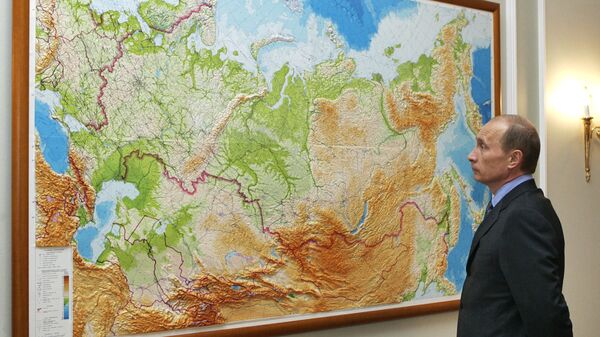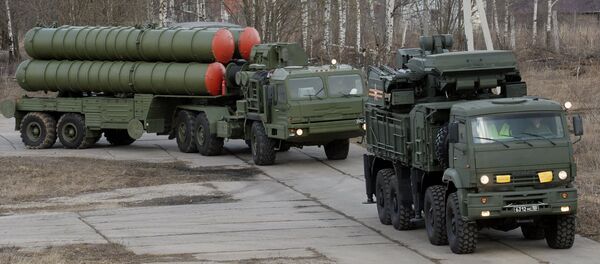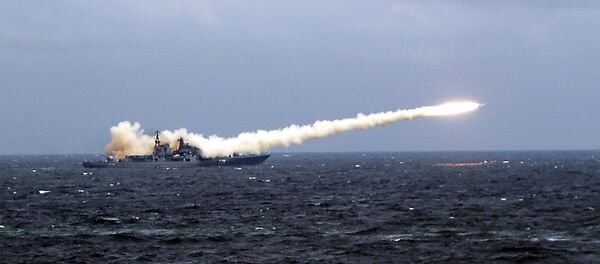However, his research has produced some completely unexpected results.
“Many people think of maps in terms of their basic purpose: showing a country’s geography and topography. But maps can speak to all dimensions — political, military, and economic,” Friedman writes in his article for the New York-based magazine Business Insider.
“In fact, they are the first place to start thinking about a country’s strategy, which can reveal factors that are otherwise not obvious.”
The maps provided by the political scientist, illustrate that “much of Russia is effectively landlocked”, its “access to the world’s oceans, aside from the Arctic, is also limited” and “what access it does have is blocked by other countries.”

“A country’s access to the sea can greatly influence its economic and political strength,” the author states.
“Russia’s population clusters along its western border with Europe and its southern border with the Caucasus (the area between the Black Sea and Caspian Sea to the south). Siberia is lightly populated. Rivers and infrastructure flow west.”
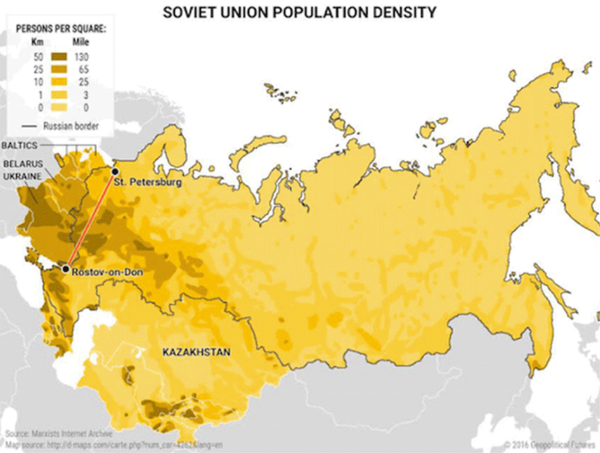
As with population, he adds, Russia’s west and south are its most vital and productive agricultural areas.
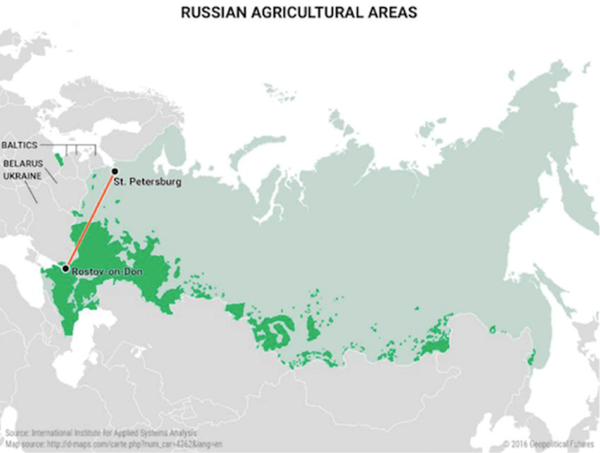
Russian transportation structure also suggests that “it is oriented toward the west.”
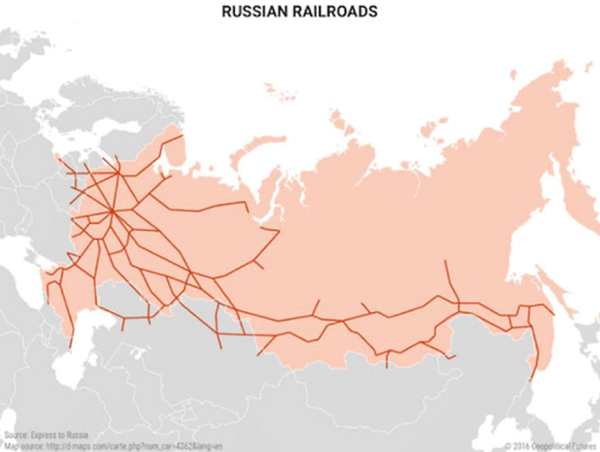
All the above was supposed to explain that the “primary focus and vulnerability of Russia is in the west” and that “Russia’s national strategy is to move its frontier as far west as possible to be less at risk.”
Friedman says that Russia’s primarily goal is to “push its frontiers as far west as possible” and to get hold of “the first tier of countries on the European Peninsula’s eastern edge — the Baltics, Belarus, and Ukraine — to provide depth from which Russia can protect itself, and also provide additional economic opportunities.”
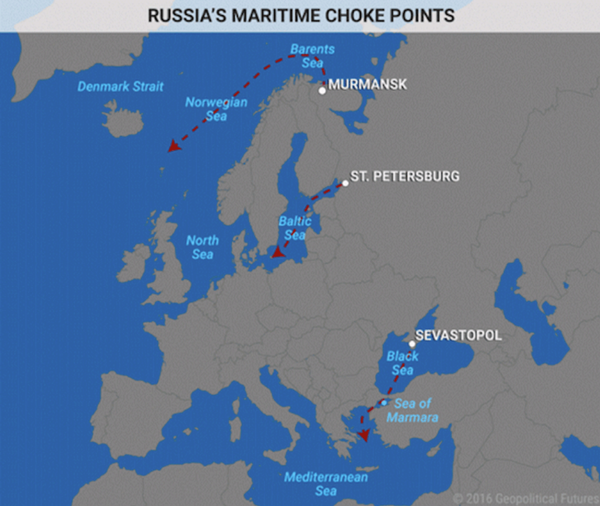
However, proximity to the sea brings its own dangers. Citing the example of Athens and Sparta, Friedman explains that while a maritime power is a lot wealthier than a landlocked one, “wealth creates luxury and luxury corrupts.”
Secondly, he claims, “wider experience in the world creates moral ambiguity.”
“The struggle between strength from wealth and strength through effort has been a historical one. It can be seen in the distinction between the European Peninsula and Russia. Europe is worldly and derives great power from its wealth, but it is also prone to internecine infighting.”
Russia, he says, is “more united than divided and derives power from the strength that comes from overcoming difficulty.”
With regards to Russia, he says it “isn’t prosperity that binds the country together, but a shared idealized vision of and loyalty toward Mother Russia. And in this sense, there is a deep chasm between both Europe and the United States (which use prosperity as a justification for loyalty) and Russia (for whom loyalty derives from the power of the state and the inherent definition of being Russian).”
“This support for the Russian nation remains powerful, despite the existence of diverse ethnic groups throughout the country,” he finally concludes.

